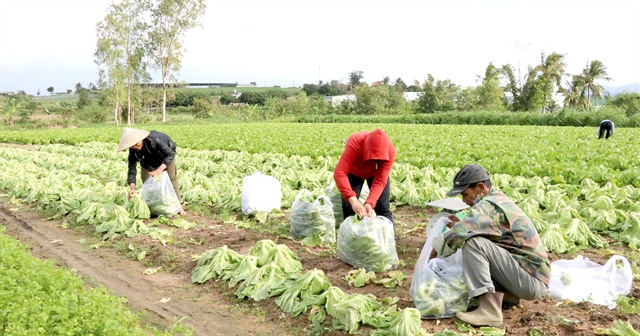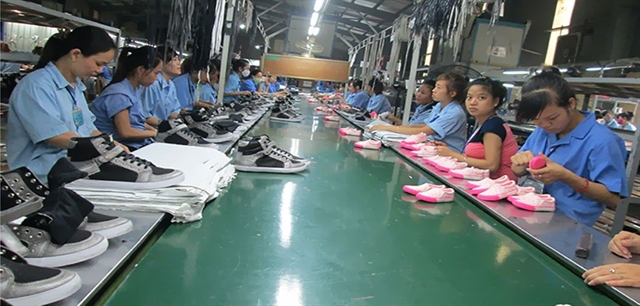
HCM CITY — Despite the challenges posed by the COVID-19 pandemic, a number of companies in various sectors have adopted “flexible-thinking and innovative changes” to survive the effects of the pandemic.
Nguyễn Văn Hạnh, deputy director of the State-owned Sài Gòn New Port Corporation, said that most sectors have suffered from the uncertainty that the pandemic has brought to the economy.
Changes in consumer behaviour have created opportunities, he said.
“The lockdown from the pandemic has restricted travel, but it also made online shopping, working remotely, and transferring money online the best ways to survive.”
“We have focused on digital transformation, online sales and safe work practices,” he said. “Use of digital documents and electronic delivery orders are safe and secure.”
The corporation handles ports, logistics and sea transport. The port is ranked among the top 20 logistics companies in Việt Nam, with its sea transport services making up 50 per cent of the sector’s market share.
The port is among the 20 largest and most modern ports in the world. Its revenue this year has reached over VNĐ24 trillion with profit of over VNĐ3.3 trillion.
Nguyễn Thái Nga, deputy general director of Điện Quang Lamp Joint Stock Company, said to keep its operation at a normal level, the company has permitted office staff to work from home and hold online meetings. It has also shipped goods to customers’ homes.
“Don’t let the pandemic stop you from looking for ways to get better.”
The company has also used antibacterial solutions to create new lamp products during the pandemic, she said. The smart lighting solutions are built based on an open digital platform and use wireless communication technologies.
Besides finding new suppliers of input materials at home and abroad, the company has increased production of LED chips, an important raw material of LED lamps.
Agricultural sector
The pandemic has affected local agricultural products and exports, disrupting agricultural value chains and posing risks to farming households. Besides farmers, small-scale producers and co-operatives, it has also affected export enterprises.
According to the Việt Nam Academy of Agricultural Sciences, the most affected agricultural products have been fresh fruits, vegetables and aquatic products.
To cope with the outbreak, many large enterprises have invested in hi-tech applications, including the Lộc Trời Group, Vingroup, PAN Group, Hoàng Anh Gia Lai, and others. They are working with cooperatives and farming households to create clean and safe food sources.
Their aim is to build methodical production, train farmers in clean production processes, and offer technological, technical, and seed support. They also aim to improve quality control during processing and before harvesting, and support brand development.
Nguyễn Duy Thuận, general director of Lộc Trời Group, said: “The pandemic has affected production and transportation costs.”
“The pandemic has caused disruptions to enterprises but also created opportunities for them to turn into real businesses,” he said.
The firm has been focusing on online meetings and office assignment software to reduce in-office work. It has also practiced risk assumptions.
However, the challenge is that farmers cannot go to their fields and scientists cannot guide people face to face.
The company has therefore developed two “remote examination” apps, namely “rice hospital” and “fruit tree hospital” for farmers to consult experts.
The company is also engaged in such business lines as research, and production and sales of seeds, fertilisers, and bio-organic products.
Most businesses attribute the major causes of disruption to having few or no customers due to lockdowns and insufficient capital to maintain employees and their business, among other hurdles. The challenges that some companies face also stem from a lack of financial resources.
Companies have been urged to prepare to shift more tasks from a physical workplace to a digital, remote work situation. — VNS

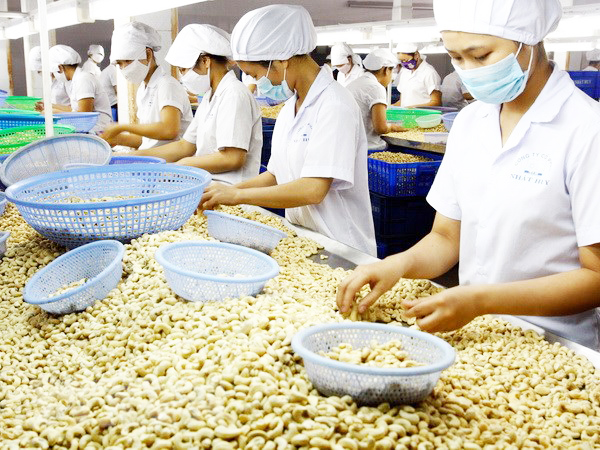
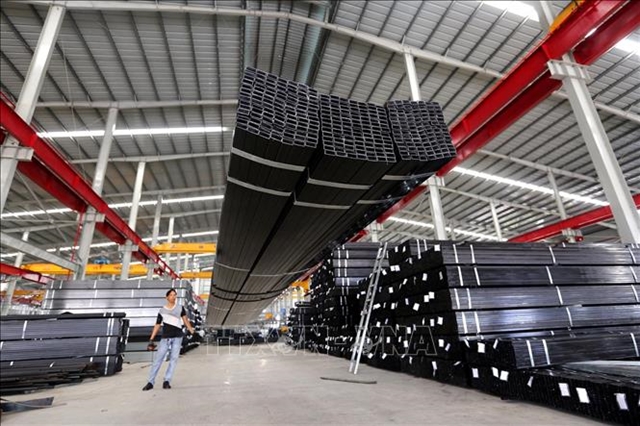
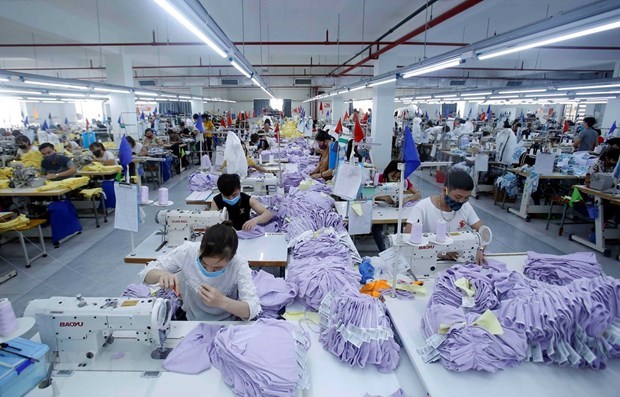






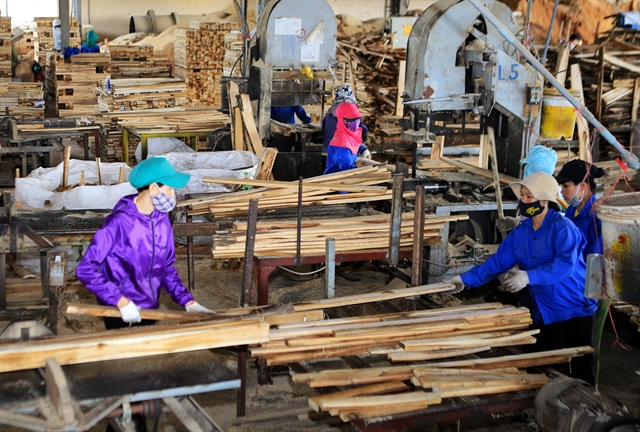


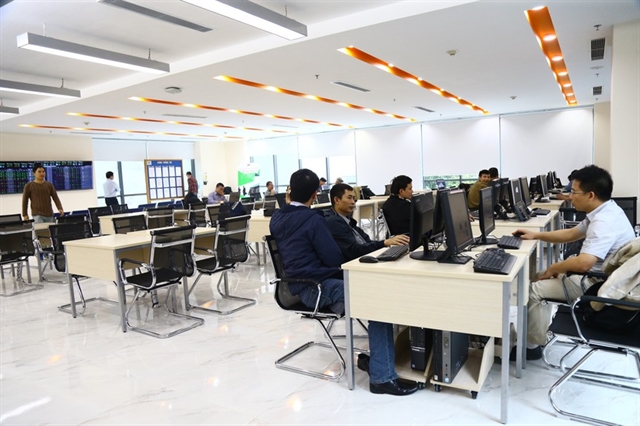

.jpg)

.JPG)
